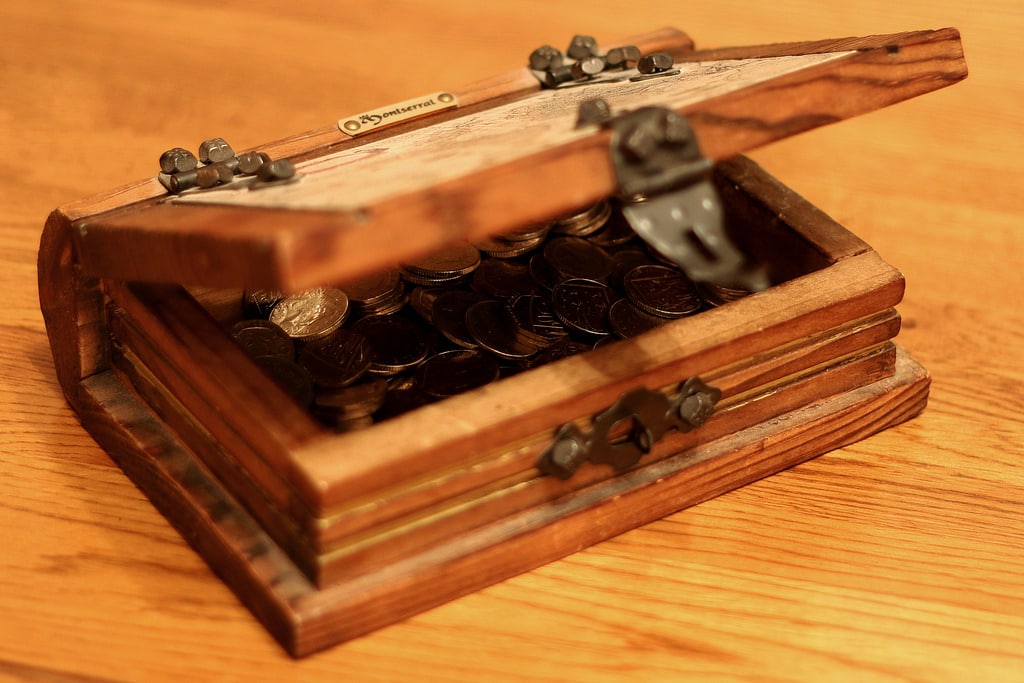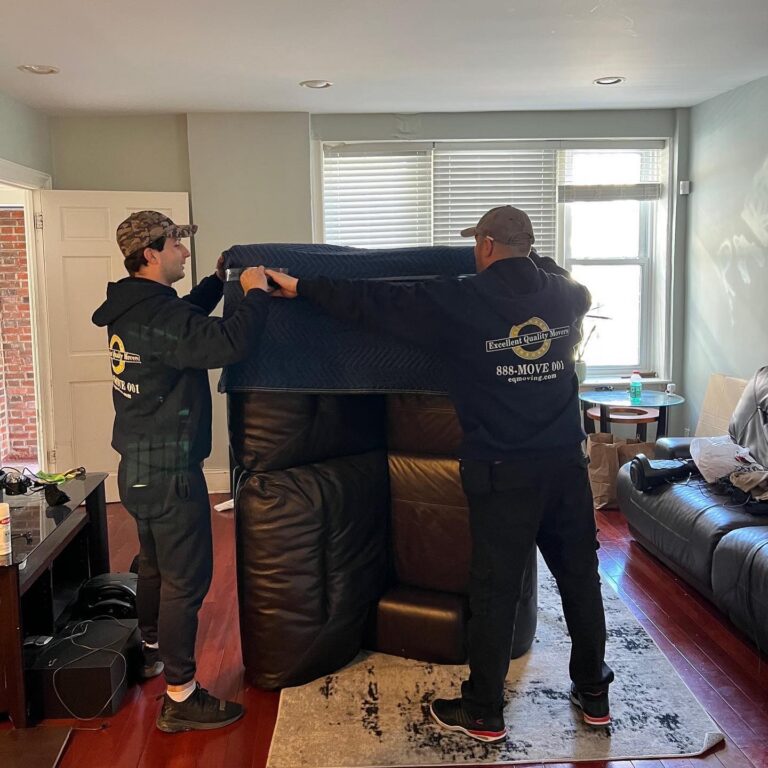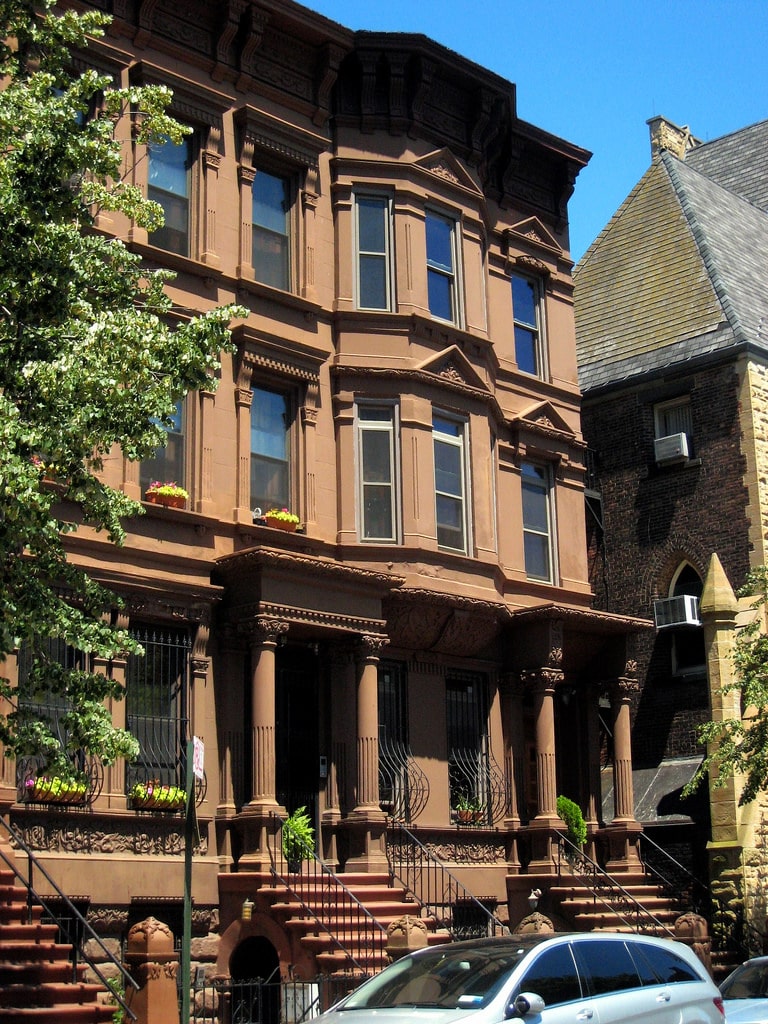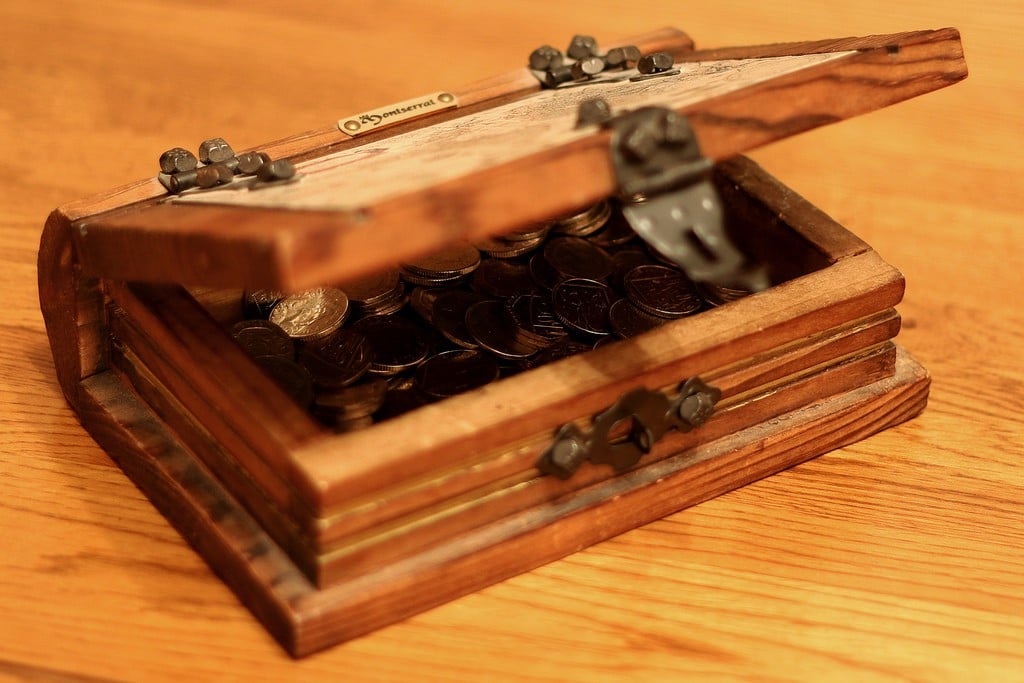How to get my security deposit back? Most New Yorkers have asked this question more than once. To get your money back, you should certainly know the law. Not all landlords know it, and those who do know, not necessarily comply with it. Some landlords simply want to keep your security deposit, so you’d better get ready. You can clean the place from top to bottom, fix every detail that needs repair, and then forget about some trifle and get charged for it.
Unfortunately, not all people care about their security deposit until they actually move out. In this case, you are not likely to get the money back in full. Check out the following points to help you save your money.

What is Security Deposit?
Security deposit is an amount of money that you pay to your landlord before moving into the apartment. You pay the deposit as security against any non-performance of obligations mentioned in the lease. The amount is usually worth one or two months’ rent. It is usually paid when the landlord and the tenant sign the lease. At the end of the lease term, the landlord returns the money if there were no violations from the tenant’s side.
Read Your Lease
Read your lease carefully. You should know and understand every detail written therein. Remember that it is possible to make changes in a lease. For instance, you have found something unreasonable; feel free to discuss it with the landlord.
Make A Thorough Inspection Before You Move In
Make sure your landlord gives you a checklist of rooms. Go room by room and note any damage or problem that already exists. It is a monotonous but very important process. Your inspection and inventory list should be very detailed. Don’t forget to ask your landlord sign the inspection list. It is also useful to take pictures of the apartment before you move in. If you want to make a video, don’t forget to state the date.
Examine the floors and ceilings, all the rooms, balcony or patio, electrical outlets and lights. Make sure all faucets in the bathroom and kitchen work without leaking. Check for any scratches in the place, and don’t forget to examine window and door locks.
Know The Law
The landlord should let you know the account number and the bank where the money is held. Make sure you know the amount deposited, including interest. In case you are renting a place in a building with six or more apartments, you have the right to get interest. On the other hand, your landlord has the right to keep one percent of the security deposit.
The landlord should return the security deposit within 21 to 30 days after the tenant moves out. In case you move out before the lease ends, the landlord has 30 days after the written notice from your side, unless a longer period has been stated in the lease. In case there are some damages in the apartment, the landlord can keep the deposit partially or in full. Keep in mind that you don’t have to pay for regular wear and tear (see below).
Deductions

Your landlord can withhold the security deposit for:
- Unpaid rent
- Cost of repairs (excluding regular wear and tear)
- Any damage caused by the tenant
The following things are considered regular wear and tear:
- Nails placed in walls
- New ceiling painting that can be covered by one layer of paint
- Small scratches on the floors
- Small spots on carpet
- Faded paint or curtains
- Cabinet doors that won’t close, etc.
What is not regular wear and tear:
- Cigarette burns on carpet
- Removal of rubbish (the refrigerator should be empty)
- You have painted the walls into a different color
- Big holes in walls after nails or big spots on walls
- A broken shelf in the fridge
- Dirty mirrors
- Problems with toilet flushing in case something you threw there is stuck
If you want to make a renovation, don’t forget to ask the landlord about it. Otherwise, you will be really disappointed when your security deposit will be withheld to bring the apartment to the usual color.
The landlord cannot keep your security deposit if you have decided to break the lease before the expected term, but have found a decent tenant to replace you.
Fix And Clean

We have already talked about moving out, but let’s enumerate some important points one more time.
- To begin with, report your landlord about any problems with the apartment. If you have damaged something, take care of it as soon as possible.
- Get all your stuff out.
- Leave the apartment in the best condition possible.
- The best time to clean the place is after you moved out most of your belongings.
- Fix all holes after the removed nails.
- Take care of all the spots on the walls.
- Clean all the kitchen appliances.
- Clean the sink, tub, and shower.
- Make sure the landlord signs off the review form.
Know Your Rights

If you think that deductions and charges imposed by your landlord are unreasonable, try to do something about it. The best option if you discuss the issue directly with the landlord and he or she will return some part of your security deposit.
If nothing has come out of your negotiations, send the landlord a demand letter asking to return the deposit. The demand letter should clearly lay out the reasons why you think the landlord should give your security deposit back. Don’t forget to cite the state law. Mention that you may sue the landlord in small claims court if he or she doesn’t fulfill your demands. In case you’re absolutely sure that the charges were unreasonable, go to court. You can sue the withheld amount of the security deposit.
Considering everything that has been said, it’s better to keep the communication with the landlord in writing, so that you could prove your point at any time.









